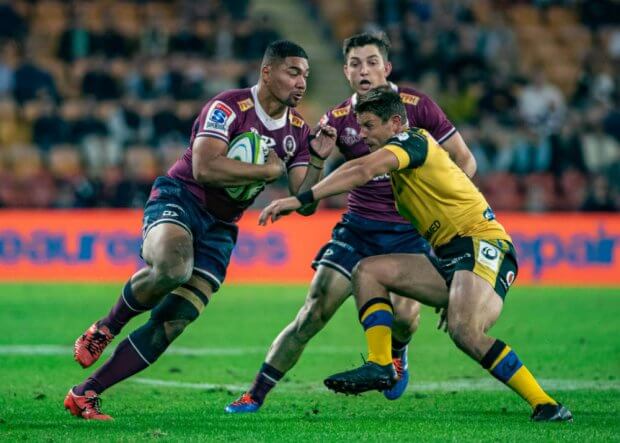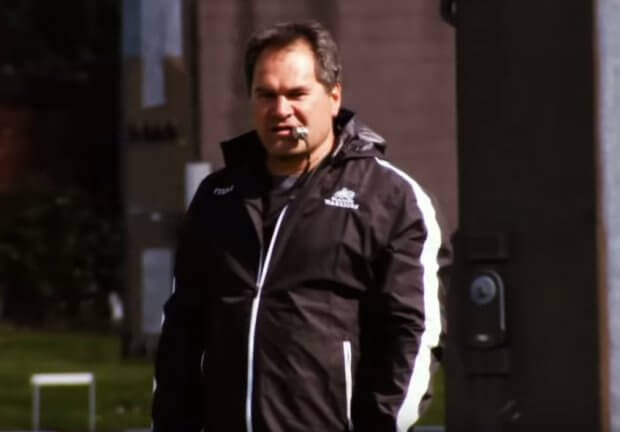Tuesday’s Rugby News looks at a possible bid for a spot in Super Rugby, Dave Rennie’s plans for the future, Eddie Jones talks rugby, and there’s talk of a crossroad, we all know what happens there.
[one_half last=”no”]
Japan Might want in too?
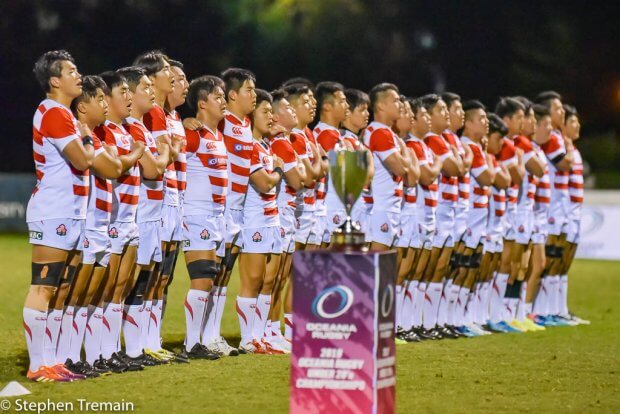
While Australia and New Zealand continue their war of words over the direction rugby will take in the two nations Japan could be ready to take a part of the pie for themselves.
Both countries have created makeshift domestic competitions featuring their respective franchises – and, in Australia’s case, the Western Force – but plans for a cross-border league between the two nations has sparked debate and controversy.
However, Japan Rugby Football Union director Yuichiro Fujii is looking capitalise on the re-structure of Super Rugby as part of his task of strengthening the Brave Blossoms ahead of their 2023 World Cup campaign.
Fujii believes that Japan’s top clubs must compete against the best teams in the Southern Hemisphere if the national side is to enjoy the kind of success they found at last year’s World Cup, where they finished as quarter-finalists for the first time ever.
“It will improve the level and value of the domestic league and gain us international experience,” Fujii said, according to Kyodo News.
Kyodo News said a potential format could see the Top League champions and another squad made up of players from around the league – similar to that of the Sunwolves – take part in a new competition.
Fujii said the July international window would need to be moved to autumn – potentially in place of the Rugby Championship, which has been the subject of being re-scheduled to March and April – to free up room on the calendar for such a league.
“If it’s held in June and July, it wouldn’t overlap with either the Top League or national team activities,” he said.
[/one_half][one_half last=”yes”]
Rennie Might Leave Early.
Dave Rennie has hinted that he may not stay in his job as Wallabies coach after the 2023 World Cup.
No other Australian coach was available or considered up to the task, with Rennie appointed to lift the Wallabies from their lowly seventh world ranking and help groom a successor.
“I’m not certain,” he told The Australian newspaper Monday when asked if he planned to be around for the 2027 World Cup, which Australia are keen to host.
“The ideal scenario is that the next coach is Australian and there needs to be some thought around that. If there is someone ready to go after the (2023) World Cup, that may be in the best interests of Australian rugby.
“You can’t think too far ahead in this game,” added Rennie, who is on a deal that takes him to the next World Cup.
“I’m fully committed to the (2023) World Cup but what happens beyond that … there has to be an emphasis around identifying and developing other coaches to coach Australia.”
In the meantime, he has been closely following Super Rugby AU, the domestic Australian competition that replaced the southern hemisphere tournament after it was shutdown because of COVID-19 in March.
With three rounds complete, he was impressed with the quality of last weekend’s games, particularly some of the new talent on show such as ACT Brumbies’ centre Noah Lolesio and New South Wales Waratahs’ fly-half Will Harrison.
“There is a lot to like about both these young boys,” he said, adding that “it is a good blend of experienced guys who are playing good footy at the moment and some really good kids coming through”.
[/one_half][one_half last=”no”]
Fast Eddie Wants Fast Rugby.
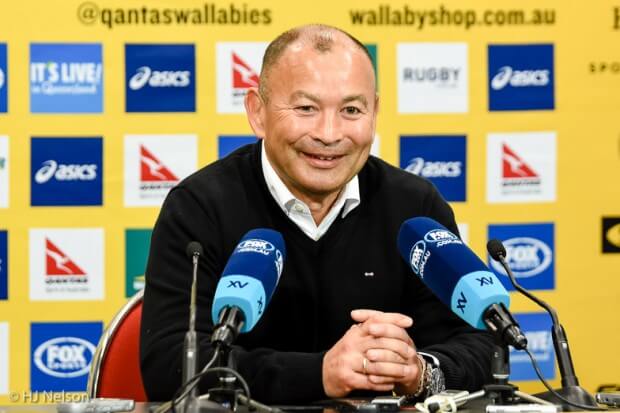
Eddie Jones lives and breaths rugby so when he talks about speeding up the game and introducing fatigue we should at least listen.
Eddie Jones wants the number of replacements cut, referees to make decisions faster and television match officials to make clear and concise calls quickly to help speed up a game he feels has become too patterned and formatted.
The England head coach, who has returned to the country after spending lockdown in Japan, is concerned the space that used to open up in the final 25 minutes of a match as legs and minds grew weary is no longer a feature of the game.
“We have let fatigue go out of the game,” he says. “Apart from increasing the reserves to eight, we have had to have head-injury assessment, which has slowed the game down; we have had increased TMO involvement and more protocols, and we have encouraged referees to be debaters.
“I was watching a game on the weekend. Five minutes in, a team is defending its goal line and the referee tells the captain he will send the next transgressor to the sin-bin. He says he has to talk to his team. Why do we allow the captain to slow the game down even more?
“We have got to get fatigue back because we need space. Otherwise, we will end up like NFL. I support going down to six replacements and encouraging referees to make a decision and get on with the game. We have to find some way to tidy up the TMO. You only have to watch rugby league in Australia where it is clear and concise: one or two looks and a referee knows if a try can be awarded.”
“A major area is decision-making, especially half-backs and full-back,” he said. “We are seeing too much of an emphasis placed on pattern and formation rugby, taking away from the development of 9s and 10s. You want them to be making decisions and if the balance between contest and continuity keeps on going in the right direction, which we are seeing in the early stages of Super Rugby in New Zealand, they will come to the fore.”
[/one_half][one_half last=”yes”]
Australian Rugby at a crossroads
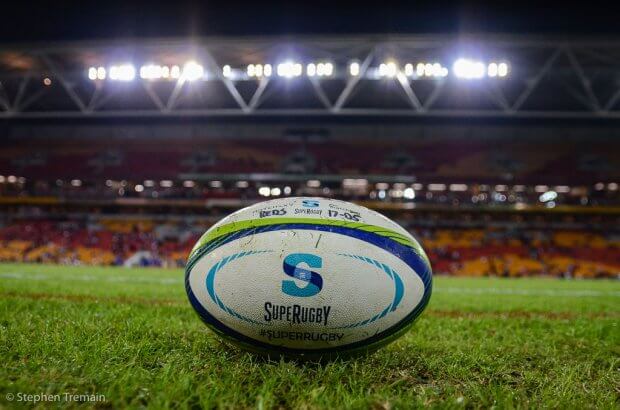
Rugby Australia appears to be getting a little cranky with the latest slight dished out by the New Zealand Rugby Union.
Rugby Australia is hardening its resolve around a five-team Super Rugby future despite New Zealand’s unilateral invitation to contribute as few as two to next year’s competition.
An RA board meeting will on Monday discuss New Zealand Rugby’s Aratipu review, which was released on Friday with a pitch for an eight- or 10-team competition, including its own five sides and a Pasifika team.
later this week RA boss Rob Clarke will take an operational call from his Kiwi counterparts to discuss in more detail the review and what NZR has in mind for the future of the trans-Tasman partnership.
But RA chairman Hamish McLennan said Australia was firm on defending its five-team footprint – the Waratahs, Reds, Rebels, Brumbies and Force – and would continue to explore striking out on its own with an Argentinian, Japanese and South African flavour.
“We’re looking at two plans, one with the Kiwis and one without. The call as I understand it, between [NZR boss] Mark Robinson and Rob [Clarke] was quite perfunctory,” McLennan said.
“It’s pretty obvious to me that we have the chance to build the best professional competition in the world together, with a bit of a twist, so I hope they can seize the opportunity. As countries we are best alone, better together.”
[/one_half]

